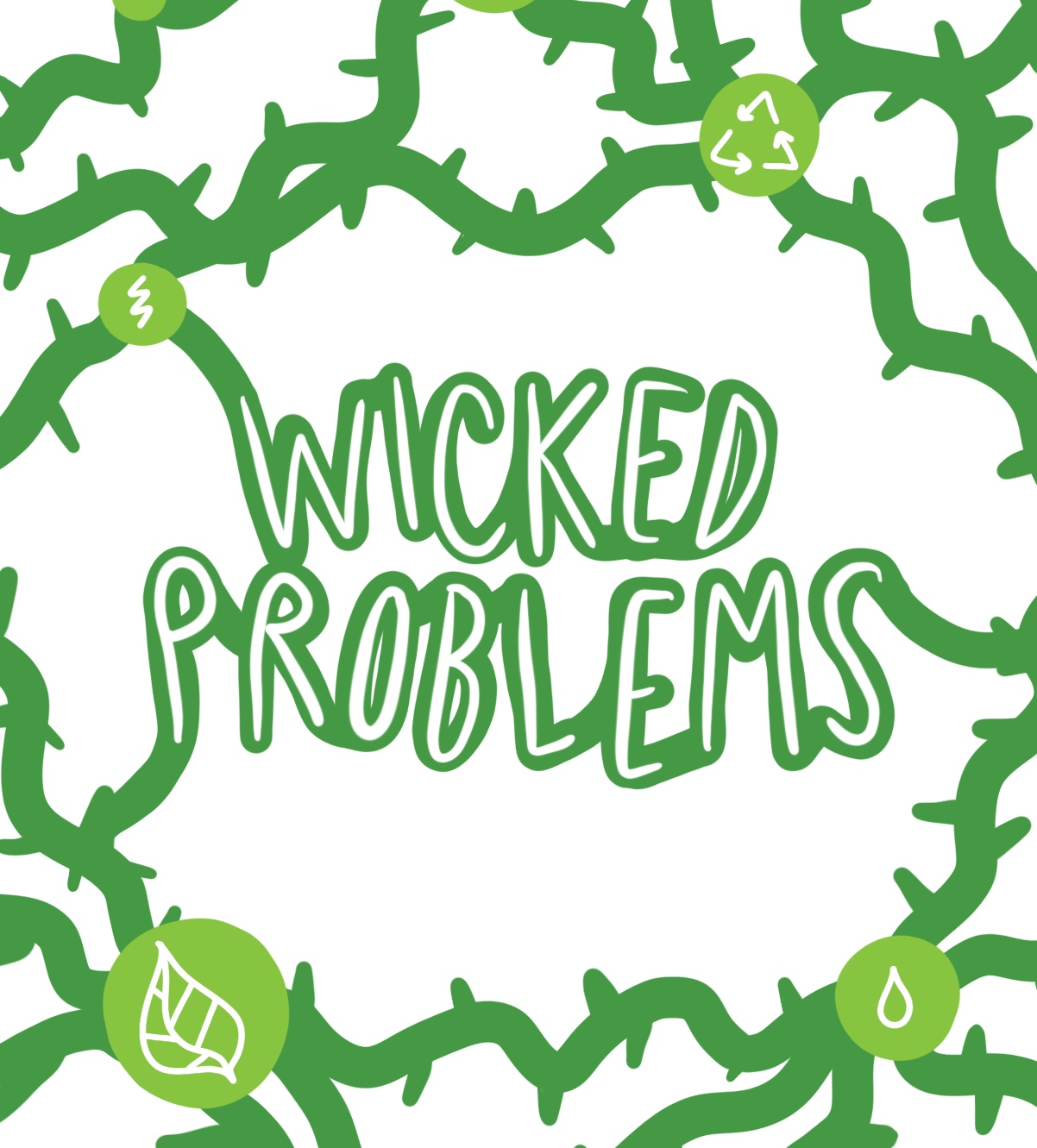Universal Design for Learning and Accessibility of the Day
Author(s): Andrew Osborne Hasley1, Hayley Orndorf2
1. University of Wisconsin - Madison 2. University of Pittsburgh
1680 total view(s), 290 download(s)
Description
"Universal Design for Learning (UDL) is a research-based set of principles to guide the design of learning environments that are accessible and effective for all" (CAST 2018). The goal of implementing UDL in the classroom is to reduce the need for specific student accommodation. UDL is most effective when incorporated in the "design" phase of curriculum development, rather than for "just in time" accommodations. This PowerPoint includes four cases presented to participants at the 2018 QUBES/BioQUEST Summer Workshop. The case was presented, participants discussed in small groups, and presented back as a large group.
Cite this work
Researchers should cite this work as follows:
- Hasley, A. O., Orndorf, H. (2018). Universal Design for Learning and Accessibility of the Day. Wicked Problems: Investigating real world problems in the biology classroom (SW 2018), QUBES Educational Resources. doi:10.25334/Q4FT5J
